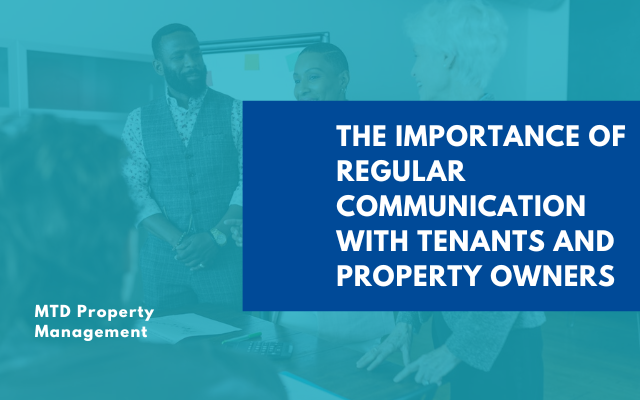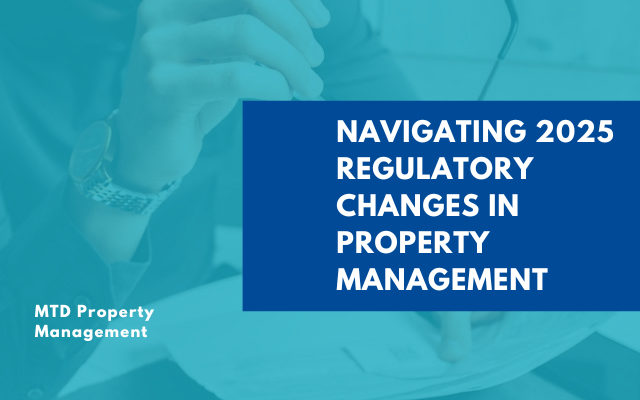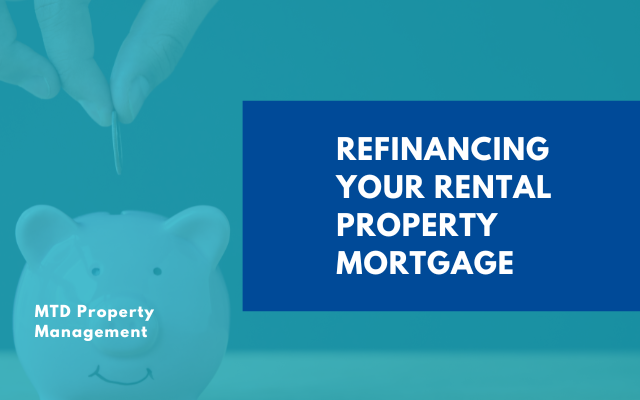Hiring a Property Manager vs Self-Managing: What’s Better?

Are you tired of debating whether you should manage your rental properties yourself or hire a property manager? This article is tailored for you!
As a landlord, your primary goal is to maximize the value and efficiency of your investment. That's why we delve deep into the pros and cons of both approaches, providing you with comprehensive insights and practical advice.
Whether you're a seasoned landlord or a
first-time landlord, our expert analysis will help you make an informed decision that best suits your unique situation. Join us as we explore the paths to successful property management!
Responsibilities of Self-Managing Landlords
If a landlord decides to self-manage their rental properties, they take on a wide array of responsibilities that would otherwise be handled by a property manager. These responsibilities can be extensive and varied, depending on the property and tenants. Here are some key duties:
- Tenant Acquisition: This includes advertising the property, screening potential tenants, and handling lease agreements.
- Rent Collection: Establishing and enforcing rent collection policies, including setting up payment methods, handling late payments, and potentially dealing with non-payment issues.
- Maintenance and Repairs: Regular property maintenance is crucial to keep the property in good condition and address any repairs promptly. This could range from simple tasks like changing light bulbs to more complex issues like plumbing or electrical problems.
- Legal Compliance: Understanding and complying with local, state, and federal laws, including fair housing regulations, rent control laws, and safety standards.

- Tenant Relations: Building a good relationship with tenants, addressing their concerns and complaints, and managing any conflicts that may arise.
- Financial Management: Keeping detailed financial records, including rental income and expenses like repairs, insurance, and property taxes.
- Property Inspections: Regularly inspecting the property to ensure it's in good condition and that tenants are complying with the lease terms.
- Emergency Response: Promptly responding to emergencies, like burst pipes or electrical issues, which might require immediate attention.
- Eviction Processes: If necessary, handling the legal and practical aspects of evicting a tenant, which includes understanding and following the legal eviction process.
- Upgrades and Renovations: Deciding on and managing any property upgrades or renovations to enhance the property value or appeal.
- Marketing and Advertising: Effectively marketing the property to attract new tenants when vacancies occur.
Why Hiring a Property Manager Is Ideal
Hiring a property manager comes with numerous benefits, especially for landlords who own multiple properties, live far from their rentals, or simply prefer not to deal with the day-to-day tasks of property management. Here are some key advantages:
- Expertise in Property Management: Property managers have professional experience managing rentals. They’re knowledgeable about the best practices in the industry and can effectively handle various aspects of property management.

- Time Savings: By delegating responsibilities to a property manager, landlords can save a significant amount of time. This is particularly beneficial for those who view their rental as a passive investment or have other full-time commitments.
- Effective Tenant Screening: Property managers typically have systems in place for thorough tenant screening, which helps in finding reliable tenants.
- Legal Compliance and Risk Reduction: Property managers are usually well-versed in local landlord-tenant laws, fair housing regulations, and other legal requirements. Their expertise can help reduce the risk of legal issues and ensure compliance with regulations.
- Improved Tenant Retention: Good property managers understand how to keep tenants happy and in the property, which is key to maintaining a steady rental income.
- Efficient Rent Collection: They enforce rent collection and lease policies effectively, which can help ensure consistent cash flow.
- Maintenance and Repair Management: Property managers have networks of trusted, licensed, and insured contractors for maintenance and repairs. This can lead to quick and cost-effective service.
- Regular Property Inspections: They conduct regular inspections to ensure property maintenance and address any issues before they become larger problems.
- Handling of Tenant Issues and Emergencies: Property managers are equipped to handle all kinds of tenant complaints, emergencies, and conflicts.
- Distance Management: For long-distance landlords, a property manager can be invaluable in managing the property effectively.
Self-Management vs Property Manager: What’s Better?
To help you understand the differences between the two options, here's a straightforward comparison:
Time

Self-managing demands substantial time investment to handle everything from tenant screening to property maintenance. This is suitable for landlords with ample time to dedicate.
Hiring a property management firm means they take care of all management tasks, offering landlords more free time. This is preferable for those with tight schedules or other commitments.
Costs
Self-managing is typically more budget-friendly, as it eliminates management fees. Expenses will be limited to direct property maintenance costs. Working with a property manager does involve management fees (often a percentage of the rental income), but includes all-encompassing services.
Experience and Knowledge
Self-managing may be ideal if you're seasoned in real estate and well-versed in
legalities, regulations, and basic upkeep. Otherwise, property managers bring expertise in local real estate laws, regulations, tenant rights, and upkeep, making it a sound choice if you lack this background.
Distance from Property
This is workable if you reside near your property and can promptly address emergencies or maintenance needs. Hiring a property manager is an excellent option if your property is far from your residence, as the management team can handle local issues.
Number of Properties
Self-managing is more practical if you own one or just a few properties in the same region. Partnering with a property management company is better suited for those with several properties, especially if they’re spread across different locations.

Final Thoughts
Ultimately, the right choice depends on your unique circumstances. If the thought of saving time, reducing stress, and leveraging expert knowledge appeals to you, then hiring a property management company might be your best bet.
MTD Property Management stands out as a reliable and efficient choice. With expertise and dedication, we can transform the management of your property into a smooth, worry-free experience.
So why not give yourself the peace of mind you deserve? Consider MTD Property Management for your property needs!









